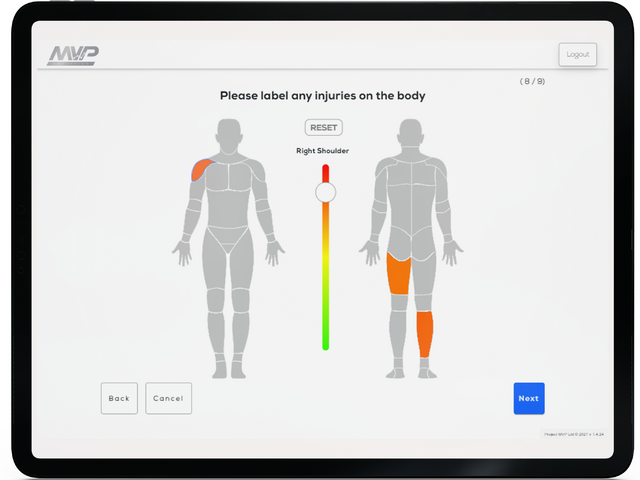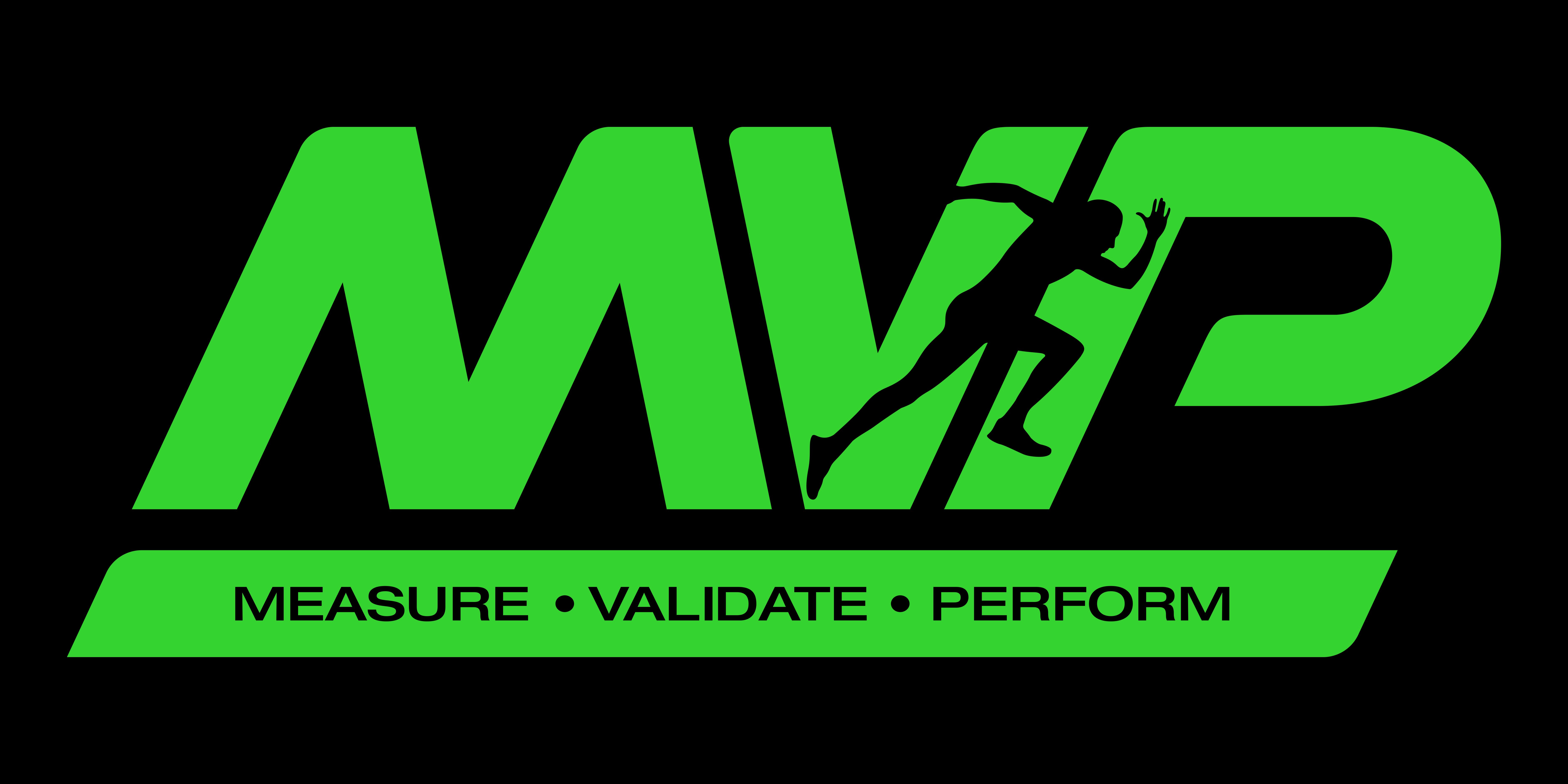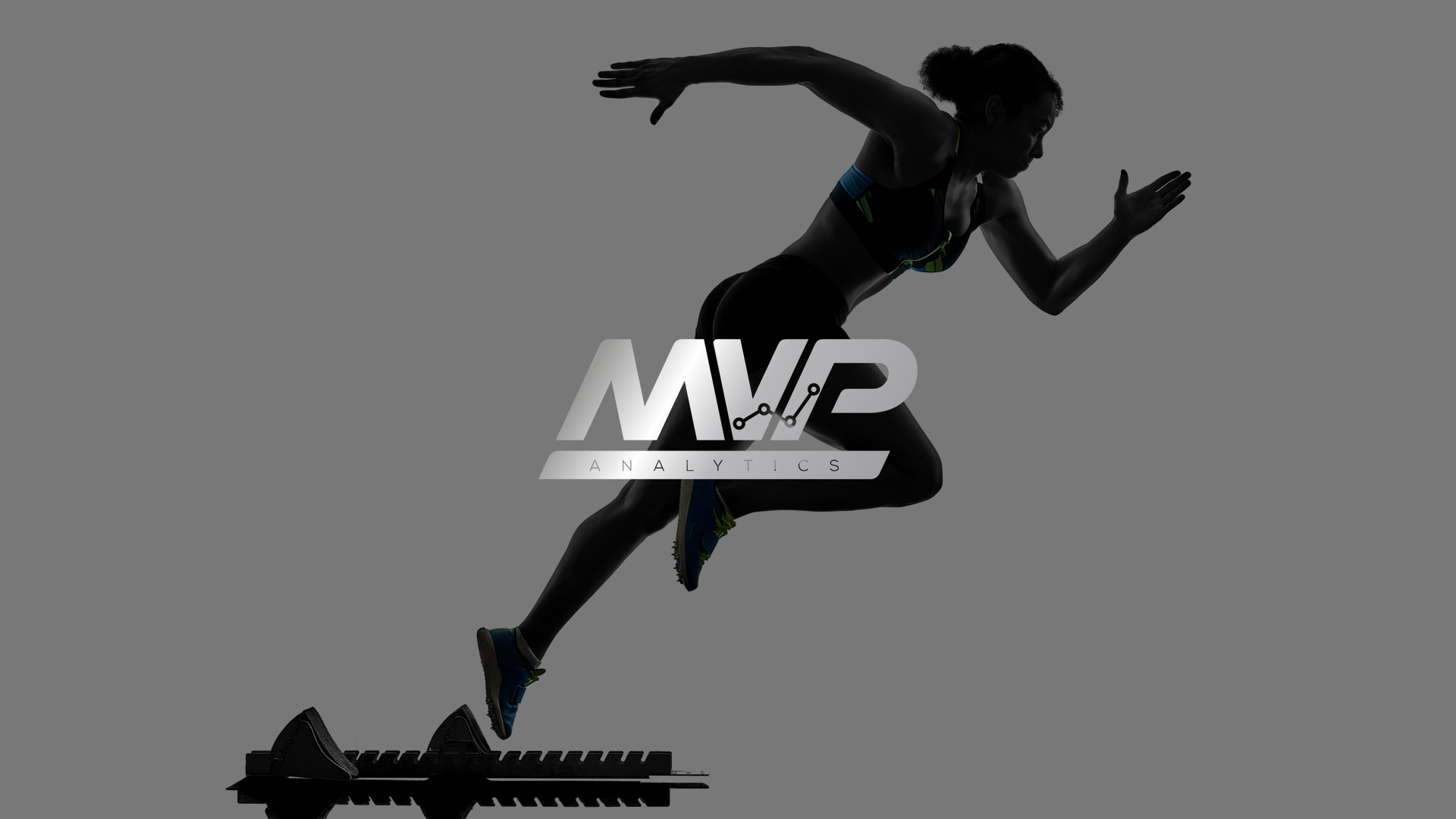Unveiling the Power of Benchmarking, MVP Analytics: Ranks vs Standards
In the dynamic world of sports, understanding an athlete's performance relative to their peers or against set standards is crucial for gauging progress and fostering development. MVP Analytics stands out as an indispensable tool, offering multifaceted benchmarking options that empower coaches and athletes alike.

Ranks: A Comparative Edge
MVP Analytics brings a competitive edge by enabling benchmarking based on ranks. Athletes can be assessed against their peers within the same cohort, generating a rank that showcases their position relative to others. This ranking system allows for leaderboard visualization, offering a clear view of current standings and facilitating healthy competition.
However, relying solely on ranks might present limitations. An athlete could be ranked highly within a group where overall performance levels are relatively low, portraying an inflated sense of achievement.

"Ranks of Ranks" - Determining the Best Athlete
An innovative feature of MVP Analytics is its ability to generate "ranks of ranks." This unique functionality compiles various category-specific ranks (such as strength or speed) into an overall rank. This overarching rank provides a comprehensive view, designating the "best athlete" by aggregating performance across different metrics.
Standards: Anchoring Progress
Contrary to ranks, MVP Analytics offers the option to benchmark against standards. These standards are absolute benchmarks set for different age groups or positions, allowing for a more objective evaluation of an athlete's performance. This approach emphasizes developmental progress rather than direct comparison with peers.
Utilizing standards allows coaches and athletes to track improvement based on clear, predefined metrics. It enables a focused developmental approach, providing a roadmap for progress irrespective of peer performance.
Choosing the Right Benchmarking Approach
While ranks offer immediate peer comparison and a competitive edge, standards provide a developmental focus, emphasizing personal growth and progress. MVP Analytics empowers users to leverage both, providing a balanced view of an athlete's performance.
Benefits and Considerations
Ranks provide a real-time snapshot of where an athlete stands within their cohort, fostering healthy competition and motivation. However, they might not offer a true representation if the overall group performance is subpar.
Standards, on the other hand, offer a developmental roadmap, enabling athletes to track progress based on established benchmarks. It's a more objective approach that focuses on individual improvement.

Conclusion
MVP Analytics' ability to provide benchmarking based on ranks and standards is a game-changer in sports analytics. Coaches and athletes can harness both approaches to gain a holistic view of performance, fostering healthy competition while emphasizing individual progress. Whether seeking competitive validation or focusing on personal development, MVP Analytics offers the versatility to cater to diverse needs, ultimately enhancing athlete development and coaching strategies.
Thanks for taking the time to read our blog, was this information useful?
Do you have any suggestions for future blogs?
Would you like to discuss our software and performance testing days?
If the answer to any of the above questions is yes, please contact Matthew Clement at matthew@projectmvp.co.uk
#SportsPerformance #AthleteDevelopment #Benchmarking #PerformanceAnalysis #MVPAnalytics #AthleteRanking #AthleteStandards #CompetitionInSports #PerformanceMetrics #ProgressTracking #AthleteComparison #SportsTech #AthleticImprovement #CoachingStrategies #AthleteMotivation #ObjectiveEvaluation #AthleteProgress





